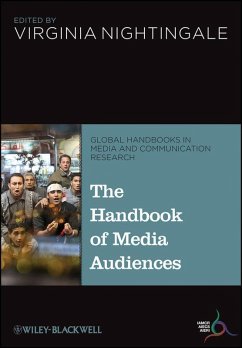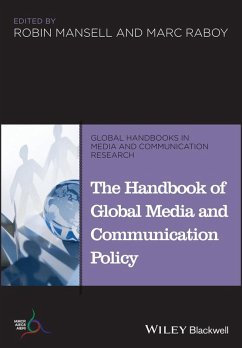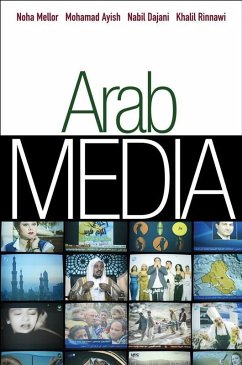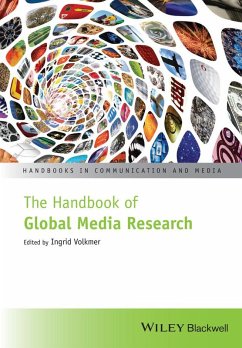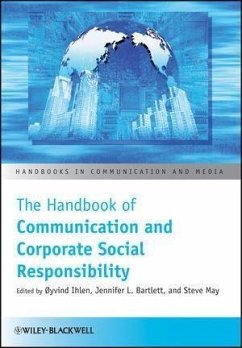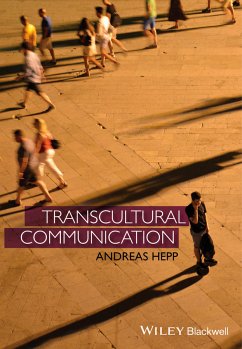
Scandal and Silence (eBook, ePUB)
Media Responses to Presidential Misconduct
Versandkostenfrei!
Sofort per Download lieferbar
18,99 €
inkl. MwSt.
Weitere Ausgaben:

PAYBACK Punkte
0 °P sammeln!
This timely and engaging book challenges the conventional wisdom on media and scandal in the United States. The common view holds that media crave and actively pursue scandals whenever they sense corruption. Scandal and Silence argues for a different perspective. Using case studies from the period 1988-2008, it shows that: * Media neglect most corruption, providing too little, not too much scandal coverage; * Scandals arise from rational, controlled processes, not emotional frenzies - and when scandals happen, it's not the media but governments and political parties that drive the process and ...
This timely and engaging book challenges the conventional wisdom on media and scandal in the United States. The common view holds that media crave and actively pursue scandals whenever they sense corruption. Scandal and Silence argues for a different perspective. Using case studies from the period 1988-2008, it shows that: * Media neglect most corruption, providing too little, not too much scandal coverage; * Scandals arise from rational, controlled processes, not emotional frenzies - and when scandals happen, it's not the media but governments and political parties that drive the process and any excesses that might occur; * Significant scandals are indeed difficult for news organizations to initiate and harder for them to maintain and bring to appropriate closure; * For these reasons cover-ups and lying often work, and truth remains essentially unrecorded, unremembered. Sometimes, bad behavior stimulates an avalanche of media attention with demonstrable political consequences, yet other times, equally shoddy activity receives little notice. This book advances a theoretical model to explain these differences, revealing an underlying logic to what might seem arbitrary and capricious journalism. Through case studies of the draft and military scandals involving Dan Quayle, George W. Bush, Bill Clinton and John Kerry; alleged sexual misconduct of politicians including but not limited to Clinton; and questionable financial dealings of Clinton and George W Bush, the book builds a new understanding of media scandals which will be essential reading for anyone concerned with the relationship between media and democracy today.
Dieser Download kann aus rechtlichen Gründen nur mit Rechnungsadresse in D ausgeliefert werden.





